‘Phones come at the price of shattered health and environment’
In the Democratic Republic of Congo (DRC), the cobalt rush comes at a steep price for the environment and local communities. Sister Nathalie Kangaji is fighting multinationals that exploit this blue metal, integral to batteries. She puts great faith in a Swiss initiative that would hold companies responsible for their actions abroad.
Was Mutombo Kasuyi killed or was his death an accident? Six years after the fact, the case is far from closed. In 2013, the young Congolese father was crossing the mining concession of a subsidiary of Glencore in the DRC in search of work. Intercepted and questioned by police officers, he was reportedly beaten and died of his injuries. The Switzerland-based multinational contests this version of events, claiming that the police officers escorted the young man who felt ill to the hospital.
“It was the first case that really touched me, his family was absolutely helpless in this situation,” recalls Sister Nathalie Kangaji. The Congolese nun, who is also a lawyer, is visiting Switzerland, where Glencore has its headquarters, to campaign for greater respect of human rights by multinationals in her resource-rich region. She was invited by the relief organisations Pain pour le Prochain, Action de Carême et Être Partenaires.
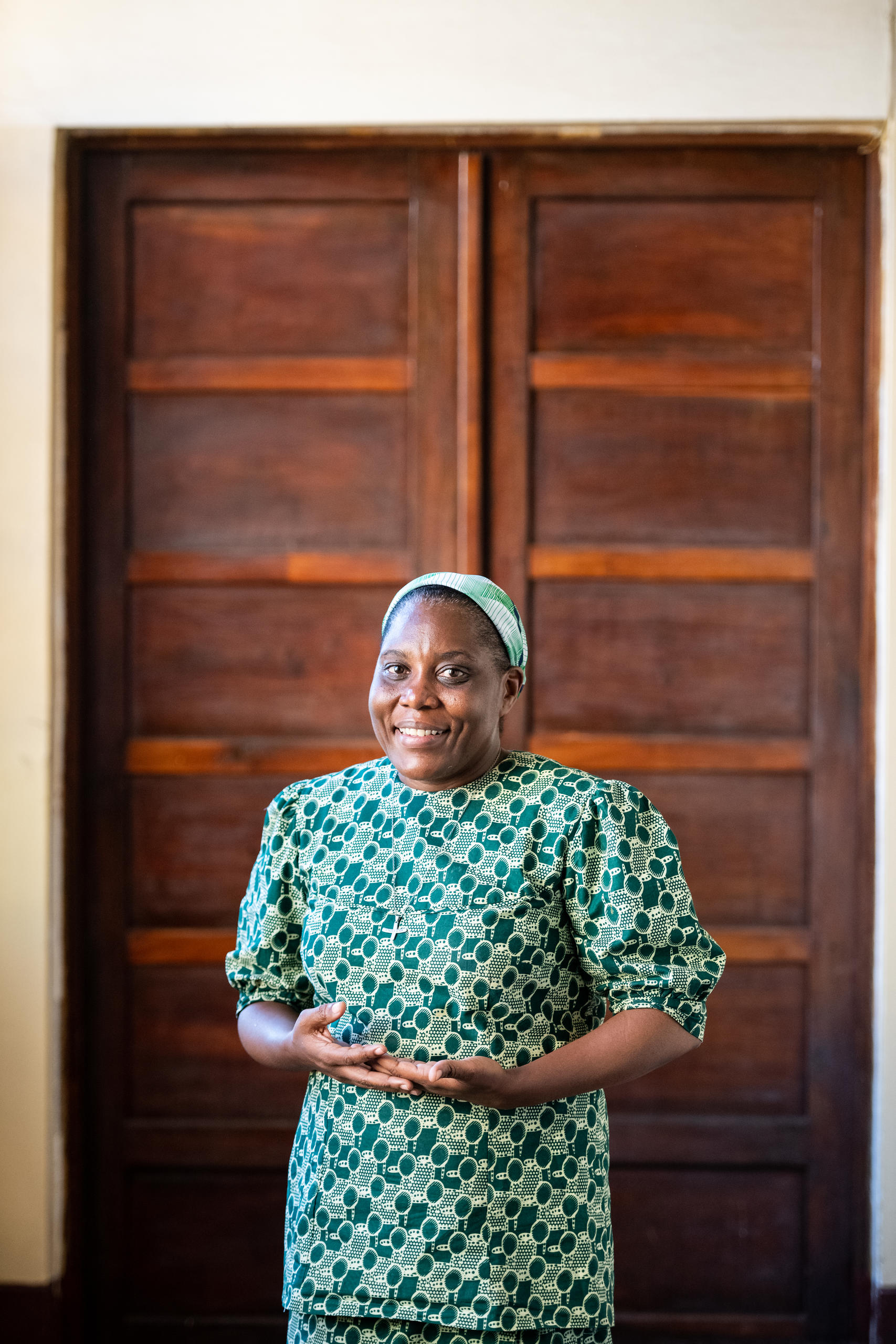
In 2013, Kangaji launched the Centre d’aide juridiqueo-judiciaireExternal link (CAJJ) in Kolwezi, a mining town in southeastern DRC. The organisation helps people to assert their rights against mining giants when they cannot afford to do so by themselves.
The Katanga region is the epicentre for the extraction of copper and precious cobalt, which is used in electric car batteries and mobile phones. Two-thirds of the world’s blue metal production originates there. Katanga is home to six of the world’s largest cobalt mines. It is also where Glencore operates two massive copper and cobalt mines.
While the exploitation of raw materials generates huge profits for such companies, Kangaji testifies to the dark side of this trade. When multinationals arrive, people are forced to leave their lands, which are sold or granted. “There is a conflict between mining and land law. A mining title prevails over a land title, so residents are forced to leave, often without fair compensation,” she explains.
Land is also crucial to communities that depend on agriculture, hunting and fishing for their livelihood. “It is therefore (both) a physical and economic displacement,” notes Kangaji.
Another recurring problem are the many cases of pollution arising from mining activity – contaminated soil, water and even air because of the significant dust emissions. “In the process of extracting raw materials, large companies use chemicals that are potentially harmful to the environment, such as sulphuric acid,” explains the activist.
Kangaji closely followed the case of 26 farming families whose fields were polluted by toxic spills from Mutanda Mining, one of Glencore’s two subsidiaries in the region. “These substances have been in the wild for a year. Despite warnings from residents, the company did nothing.” However, thanks to the CAJJ’s action, the multinational eventually acknowledged the facts and compensated the community.
“The site, however, has not been rehabilitated,” laments the lawyer. “The company only took a semblance of action.”
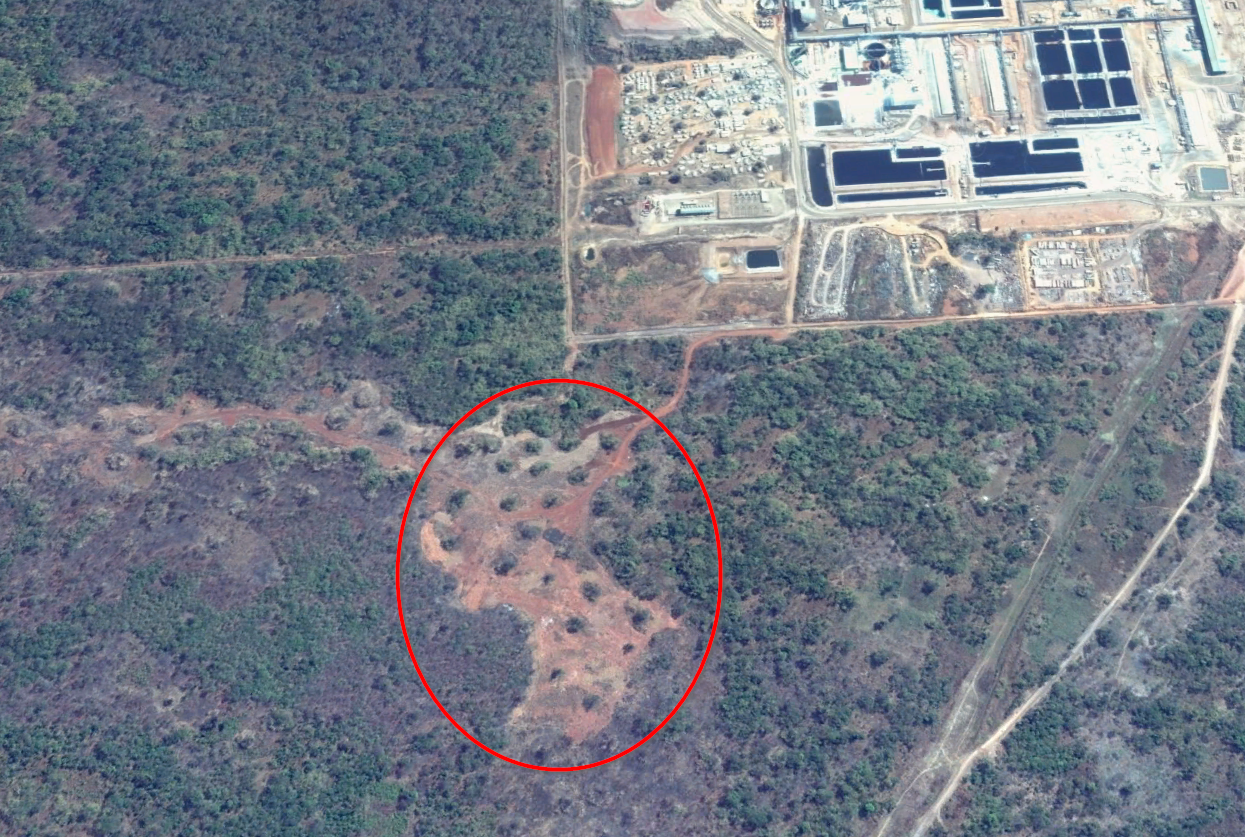
David vs Goliath
When a small organisation with limited means wants to take on a massive multinational, it must come armed with rock-solid arguments. That’s why, after hearing the victims, the nun and her team always visit polluted sites to collect evidence. “The tendency of companies is first and foremost to deny or downplay the facts, so you have to come sufficiently armed to prove that there really was contamination,” she explains. That’s why samples from the field are sometimes sent for analysis to several laboratories so the results can’t be contested.
In the best-case scenario, CAJJ manages to reach an amicable deal with the mining giant. “Otherwise we can turn to Congolese justice, but you can’t expect much from it,” Kangaji says, slamming the slow pace and corruption of her nation’s judiciary system. “These multinationals are so powerful that they play games with the Congolese justice system. They are always in a position of strength and are not afraid of anyone.”
To put an end to this one-sided state of affairs, Kangaji sees only one solution: mobilise the judiciary in the countries where multinationals have their headquarters. She places great faith in the Responsible Business Initiative – Protecting Human Rights and the Environment,External link which Swiss voters will decide on in 2020.
+ More on the Responsible Business Initiative
Under the initiative, if the subsidiary of a Swiss multinational company violates human rights or environmental protection standards, victims could bring a civil action in Switzerland to obtain compensation for the damage. “In the case of Glencore, we believe that Switzerland should ensure that society respects fundamental rights and standards, also outside its borders,” says Kangaji.
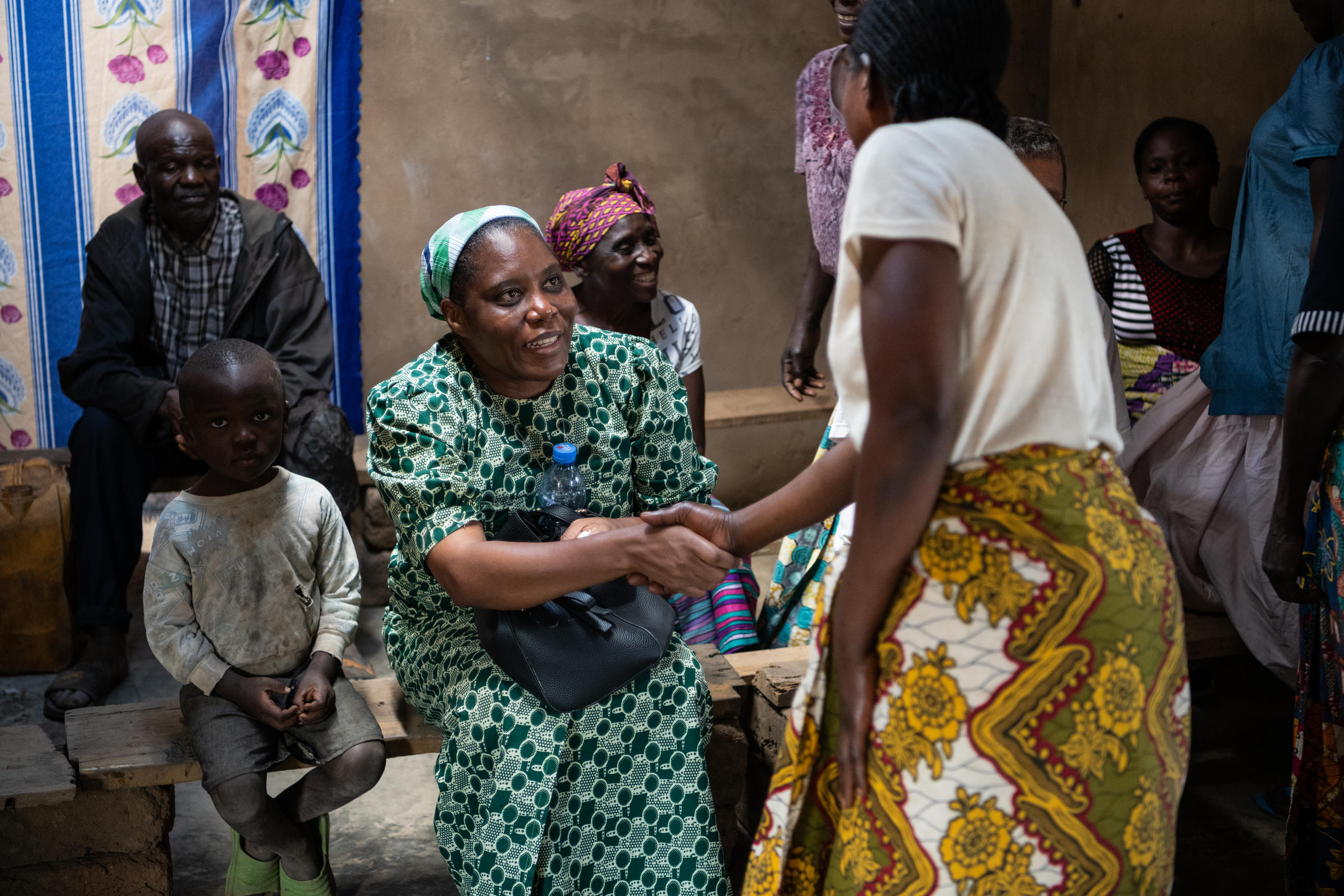
Limited progress
Relying on voluntary measures taken by companies is not enough, stresses the nun, even though she acknowledges there have been some improvements on the ground. “Some companies carry out small actions in communities, such as digging a water well, building or renovating a school,” she says. “However, these actions represent nothing compared to the huge profits made by these companies and do not benefit the majority of the population.”
Kangaji’s testimony suggests that mining does not benefit the population and does not contribute to the development of the region. Moreover, the jobs generated by the mining industry rarely return to the Congolese, as the nun points out. “Today, it seems that the whole world is in Congo to work in the mines,” she says. “The workforce comes from everywhere but is rarely local.” A revision of the Congolese mining code is underway to encourage multinationals to assign subcontracts to local companies.
One area of progress is in finding a contact person within large mining companies. “In the past, they were inaccessible,” she says. “Today, there is an office that can accommodate victims.”
However, victims need support, someone who knows how to navigate the legal system and help provide evidence. That is where CAJJ steps in. “There are so many cases that we can’t treat them all,” says the nun. But with the support of NGOs, the organisation has the necessary resources to collect samples, carry out analyses and request expertise.
Controversial accolades from Switzerland’s foreign minister
Last January, Swiss Foreign Minister Ignazio Cassis visited a copper mine in Glencore, Zambia. He praised on Twitter “the efforts made to modernise facilities and train young people”. The message delighted the mining giant that retweeted it.
The minister also stated that he had “already read” the accusations made against the mine and that a large part of them had “to do with a previous situation”. These statements provoked outrage from human rights defenders.
According to the German-language newspaper Blick, toxic gas emissions occurred shortly before Cassis’s visit. Several people were hospitalised following this incident. A few days after the Swiss minister’s trip, a similar event took place, according to the daily newspaper.
(Translated from French: Dominique Soguel)

In compliance with the JTI standards
More: SWI swissinfo.ch certified by the Journalism Trust Initiative
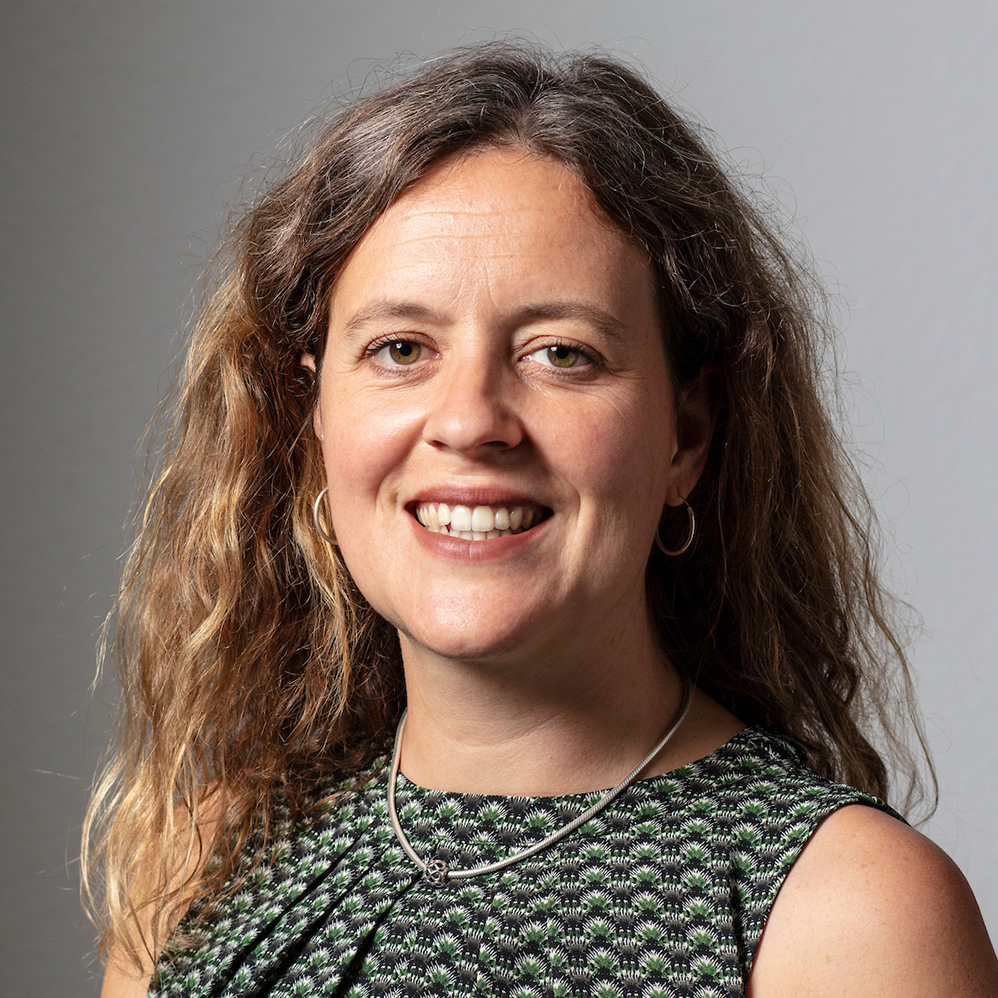
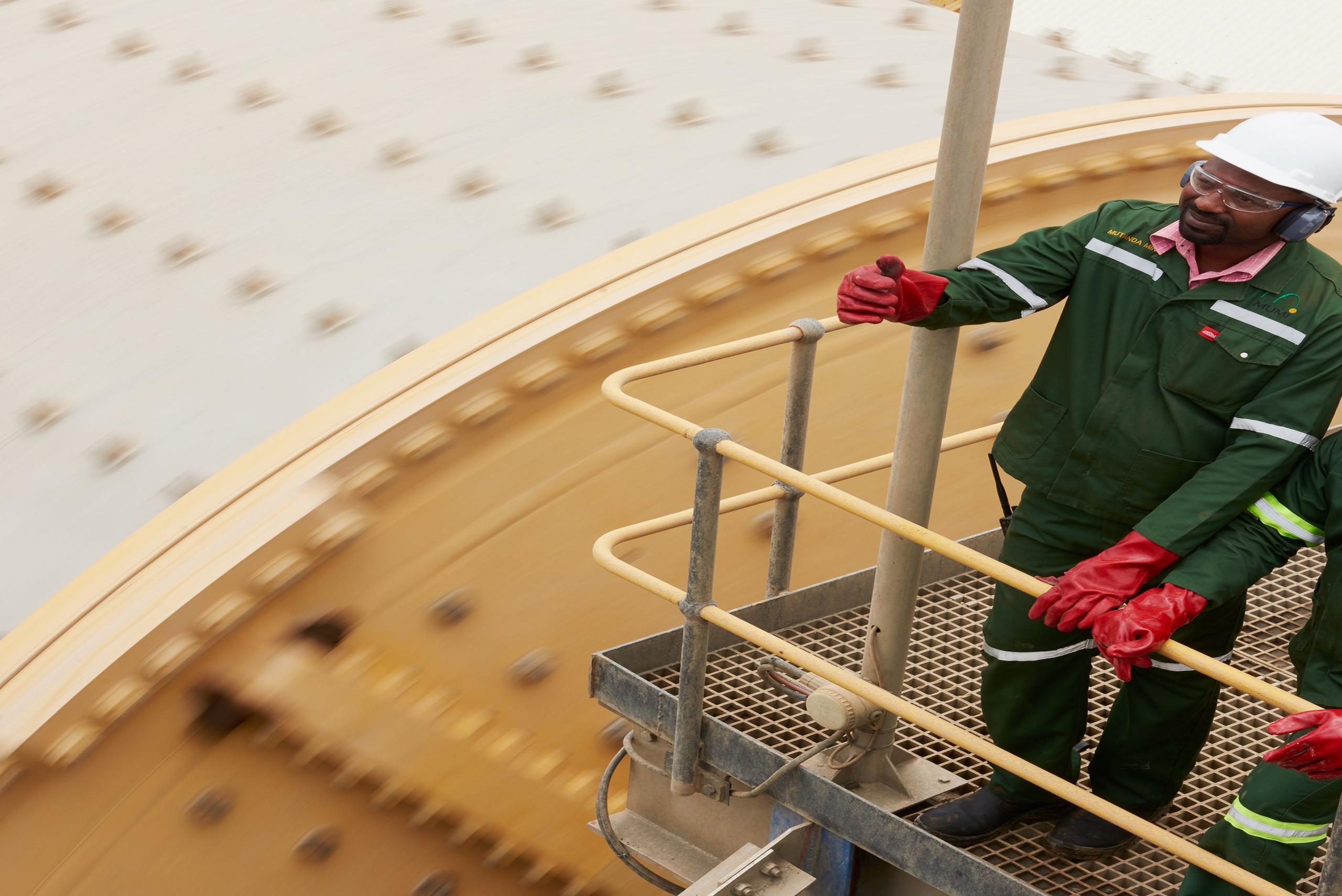
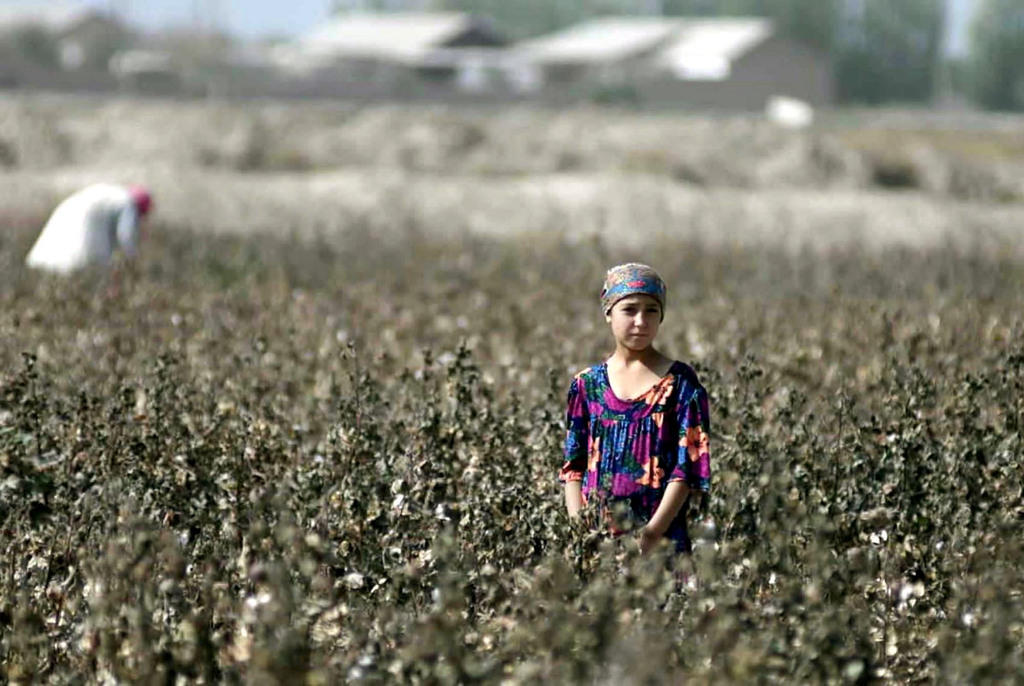
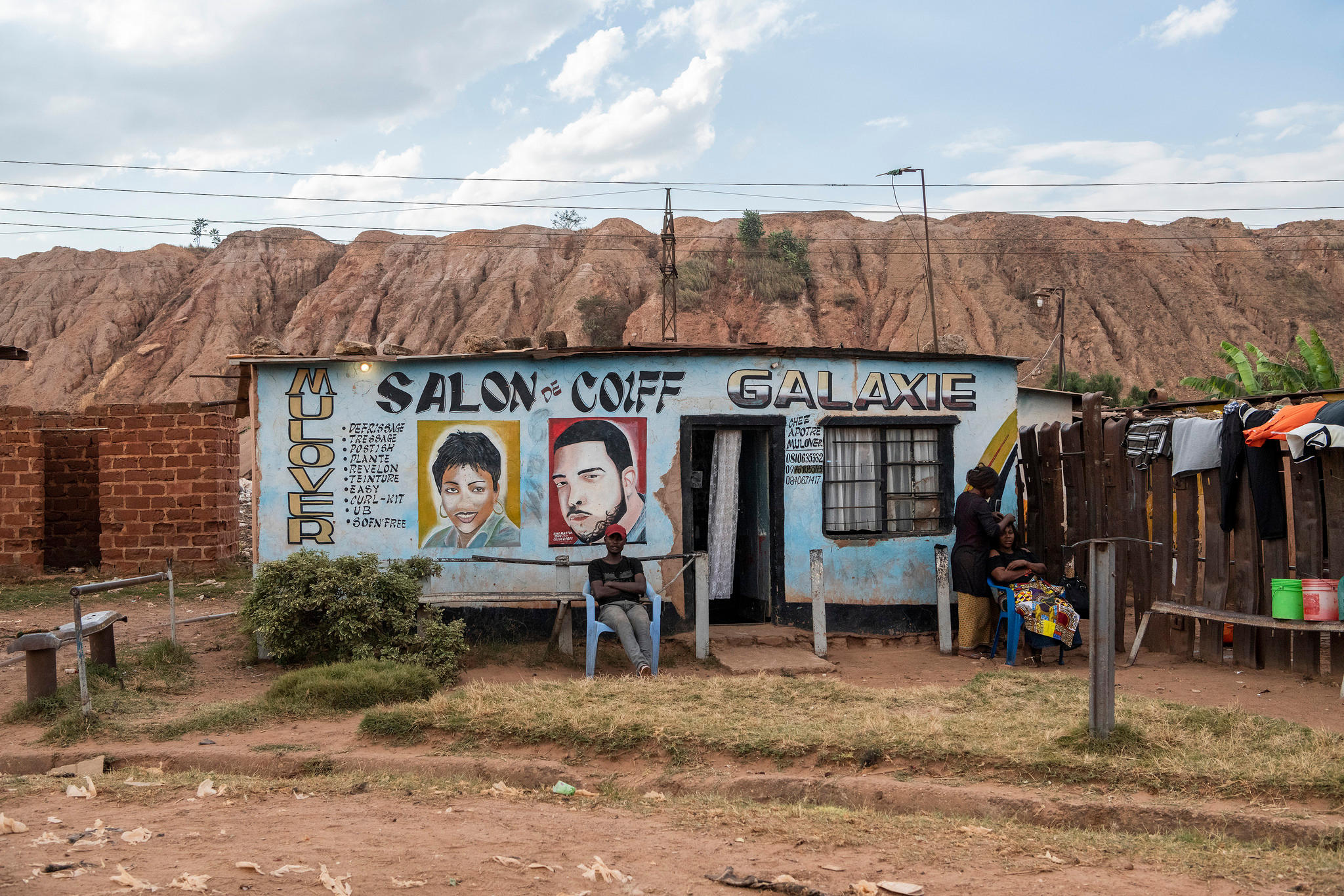
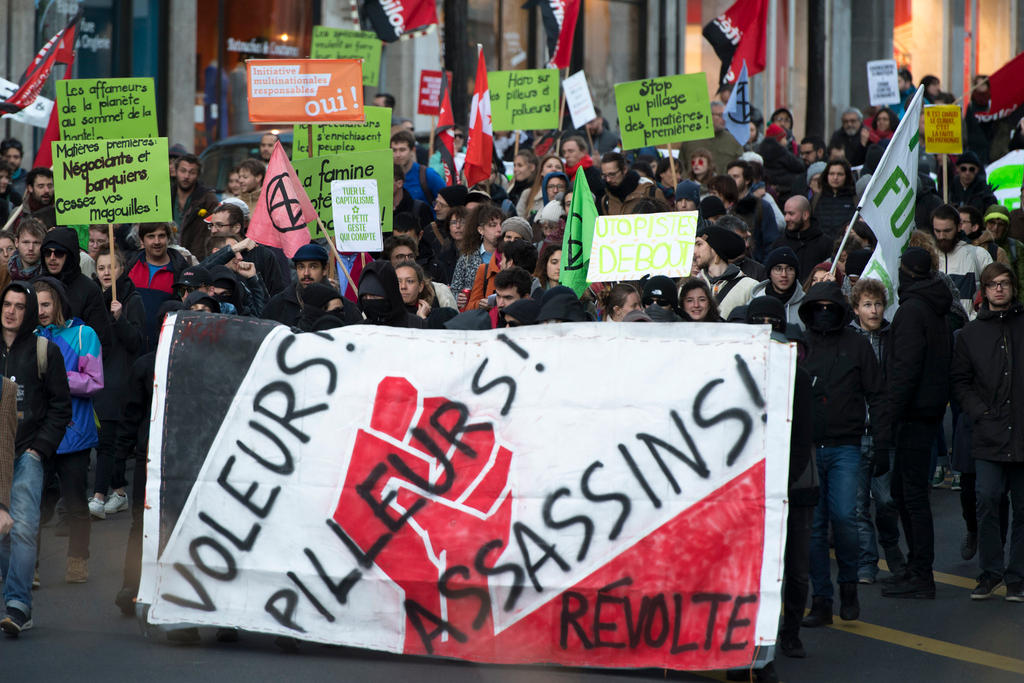
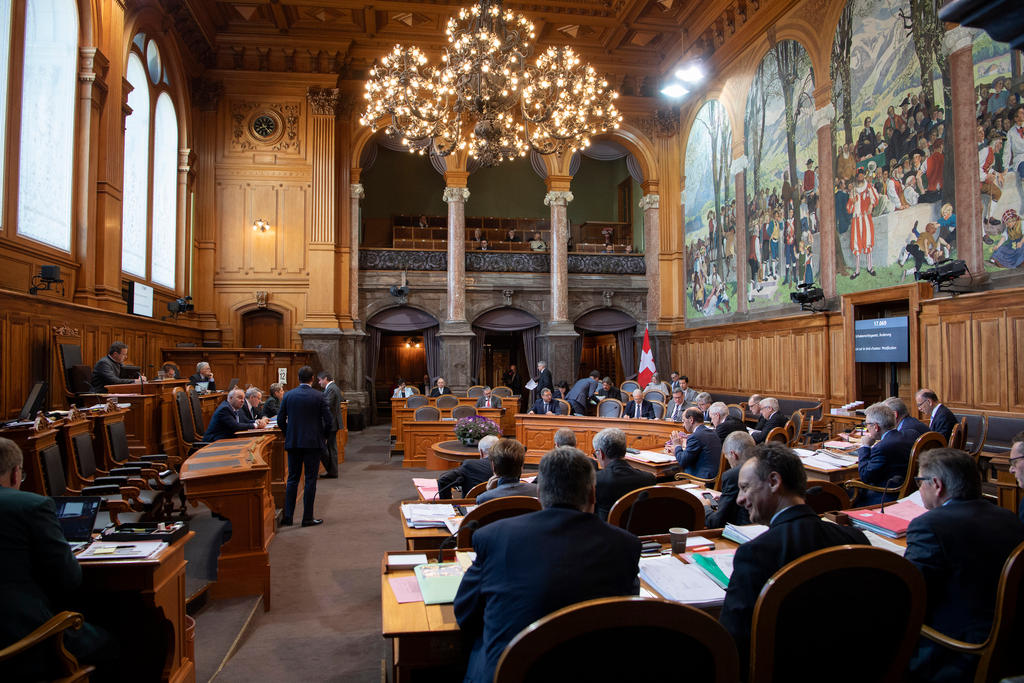

You can find an overview of ongoing debates with our journalists here. Please join us!
If you want to start a conversation about a topic raised in this article or want to report factual errors, email us at english@swissinfo.ch.